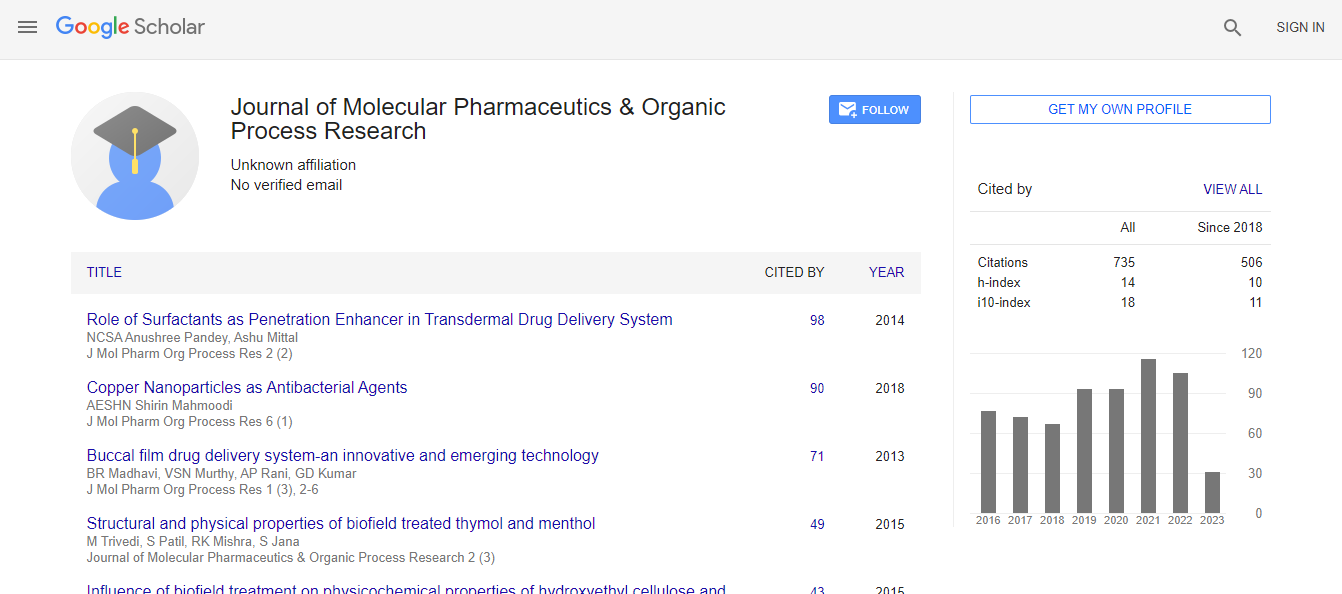Effect of a Dietary Supplement Containing Raspberry Ketone on CYP3A Activity in Healthy Women
*Corresponding Author:
Copyright: © 2021 . This is an open-access article distributed under the terms of the Creative Commons Attribution License, which permits unrestricted use, distribution, and reproduction in any medium, provided the original author and source are credited.
Abstract
Raspberry ketone (RK) is available as a supplement with effect on weight gain suppression. Recent studies have found that various herbal products can affect the activities of drug metabolizing enzymes and drug efflux proteins, and provoke clinically relevant drug-drug interactions. Capsaicin, a molecule having a similar chemical structure to RK, is another well-known cytochrome P450 (CYP) inhibitor. On the other hand, it is totally unclear whether RK has any effect on human CYP activities. In this study, we evaluated the effect of orally administered RK on CYP3A activity by measuring 6beta-hydroxycortisol/cortisol ratio in urine samples. Methods: This clinical study was conducted with approval by the Institutional Review Board at Gunma University Hospital. A total of 7 healthy women aged between 20 and 35 years were included and all of them provided written informed consent. Urine samples were collected from all subjects on the morning of day 5 (± 1 day) of menstrual cycle. In the subsequent RK phase, subjects took 3 tablets (16.7 mg/tab) of RK 3 times daily for 7 days, followed by urine sampling on the morning of day 8. In the control phase, the second morning urine sampling was performed 8 days after the first sampling. Urine 6beta-hydroxycortisol and cortisol concentrations were measured by HPLC UV method and the 6beta-hydroxycortisol to cortisol ratio was compared between the two phases. Results: The mean basal and assessment ratios in the RK phase were 7.49 ± 4.76 and 9.20 ± 8.05, respectively, while the corresponding ratios in the control phase were 5.36 ± 3.17 and 5.19 ± 4.61, showing no significant difference in either phase. Conclusion: RK does not affect CYP3A activity.

 Spanish
Spanish  Chinese
Chinese  Russian
Russian  German
German  French
French  Japanese
Japanese  Portuguese
Portuguese  Hindi
Hindi 
